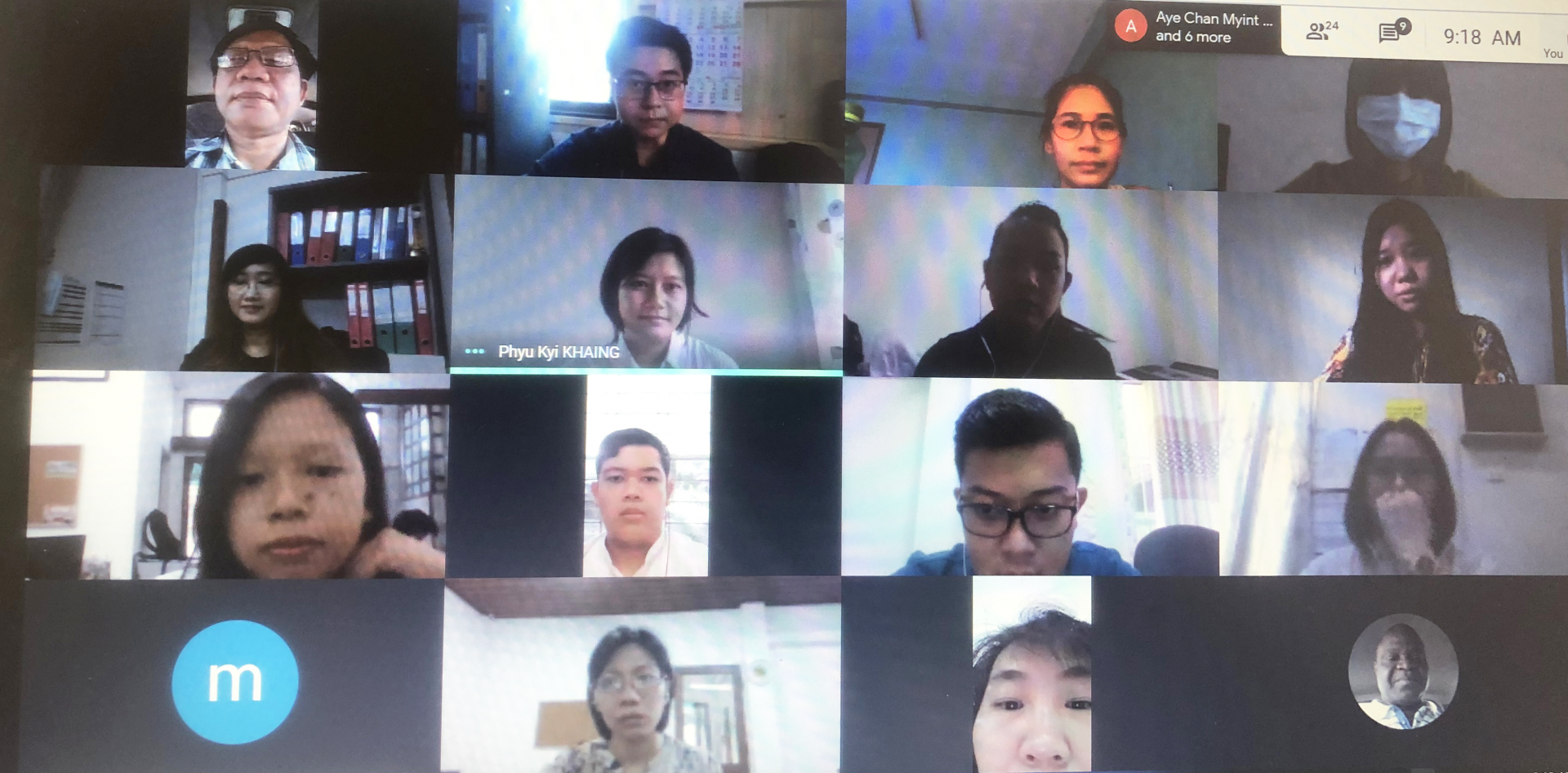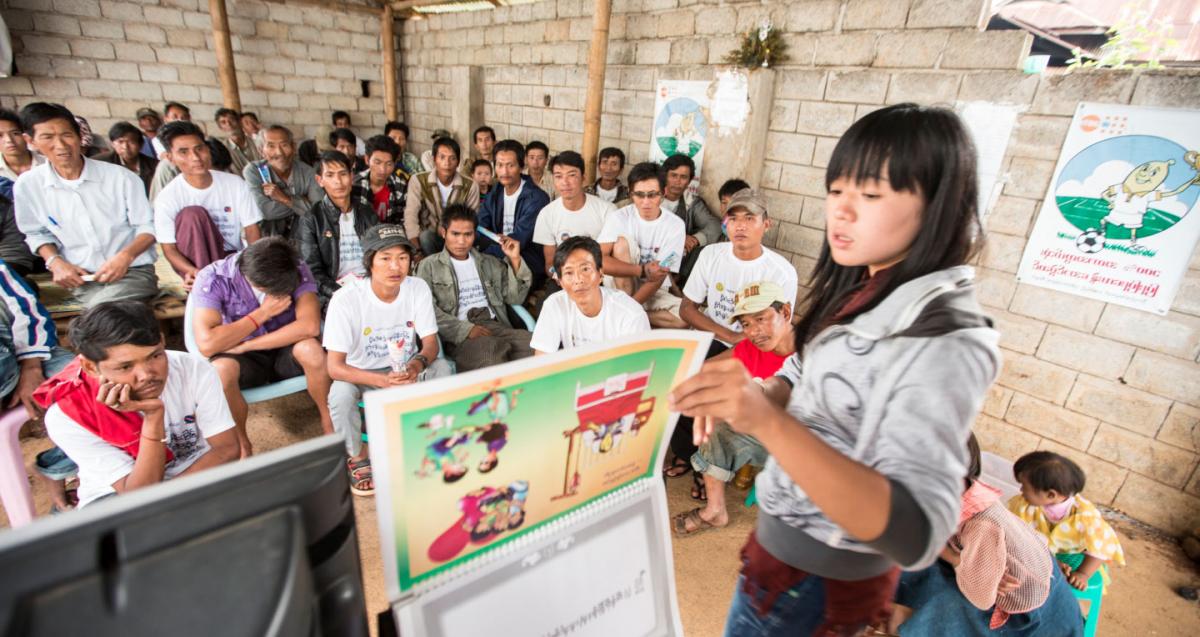UNOPS acknowledges that sexual exploitation and abuse represent a catastrophic failure of protection and that it brings harm to those whom we are mandated to protect and jeopardizes the reputation of our organization. UNOPS must act with urgency to end, prevent and respond to sexual exploitation and abuse. Our implementing partners also stand at the front line of this response and UNOPS supports them to protect affected people and communities from harm. Therefore, UNOPS implementing partners, contractors and suppliers are required to meet the United Nations standards related to the Prevention of Sexual Exploitation and Abuse (PSEA).
As the Principal Recipient (PR) of the Global Fund, UNOPS Asia Regional Health Cluster (ARHC) is putting in place special efforts to create and maintain an environment that prevents sexual exploitation and abuse; to ensure all people are able to access the Global Fund support services and activities safely; to provide feedback to our Sub-recipients (SRs) to mitigate risk; and to facilitate the secure reporting of sexual exploitation and abuse violations when they occur.
ARHC was again selected as PR to manage new funding of US$ 161 million for the continuation of the HIV and TB Global Fund programme implementation in Myanmar over the next three-year period (2021–2023). ARHC is also the Regional PR for the RAI3-Elimination (RAI3E) for the next three years (2021–2023) with a grant approval value of US$ 230.5 million. RAI3E is a continuation and extension of the RAI programme, which aims to escalate progress towards the elimination of malaria in Cambodia, Lao PDR, Myanmar, Thailand and Viet Nam.
In the new grant-making process, ARHC requested all its SRs to include a PSEA plan and activities.
PSEA Orientations, Trainings and Action Plans
PSEA aims to prevent sexual exploitation and abuse by humanitarian and development aid workers, including all personnel from SRs, and to ensure that allegations of sexual exploitation and abuse are responded to in a timely manner. ARHC is committed to providing necessary support and information on PSEA to SRs.
In supporting its SRs to incorporate PSEA policies and practices in their budget and planning, UNOPS PSEA focal points provided orientation sessions during the kick-off meetings with SRs in July and August, where they explained PSEA core principles, minimum requirements and timeline, and activities to meet these requirements. SRs are required to develop PSEA action plans and activities, such as awareness-raising for their staff and targeted beneficiaries, and establish reporting and complaint mechanisms.
From October onwards, PSEA training sessions will be provided to all SRs in five countries—Cambodia, Lao PDR, Myanmar, Thailand and Viet Nam—towards a better understanding of the principles and how to utilize them in their programme activities. ARHC will continue to support SRs to ensure that they meet the PSEA minimum requirements based on the planned monitoring and evaluation process during grant implementation over the next three years.



